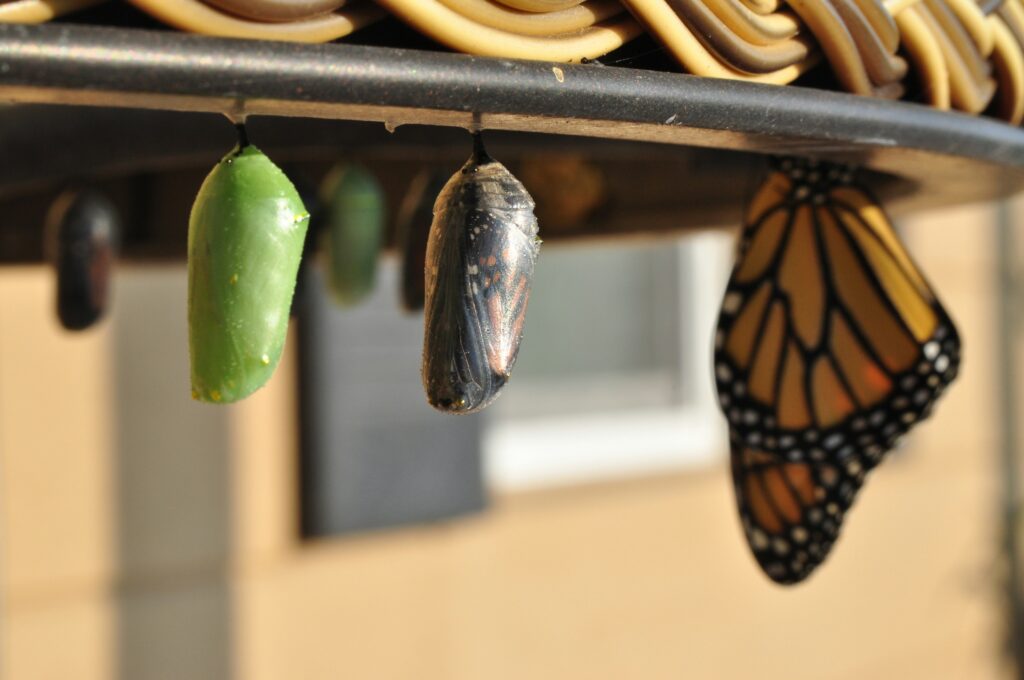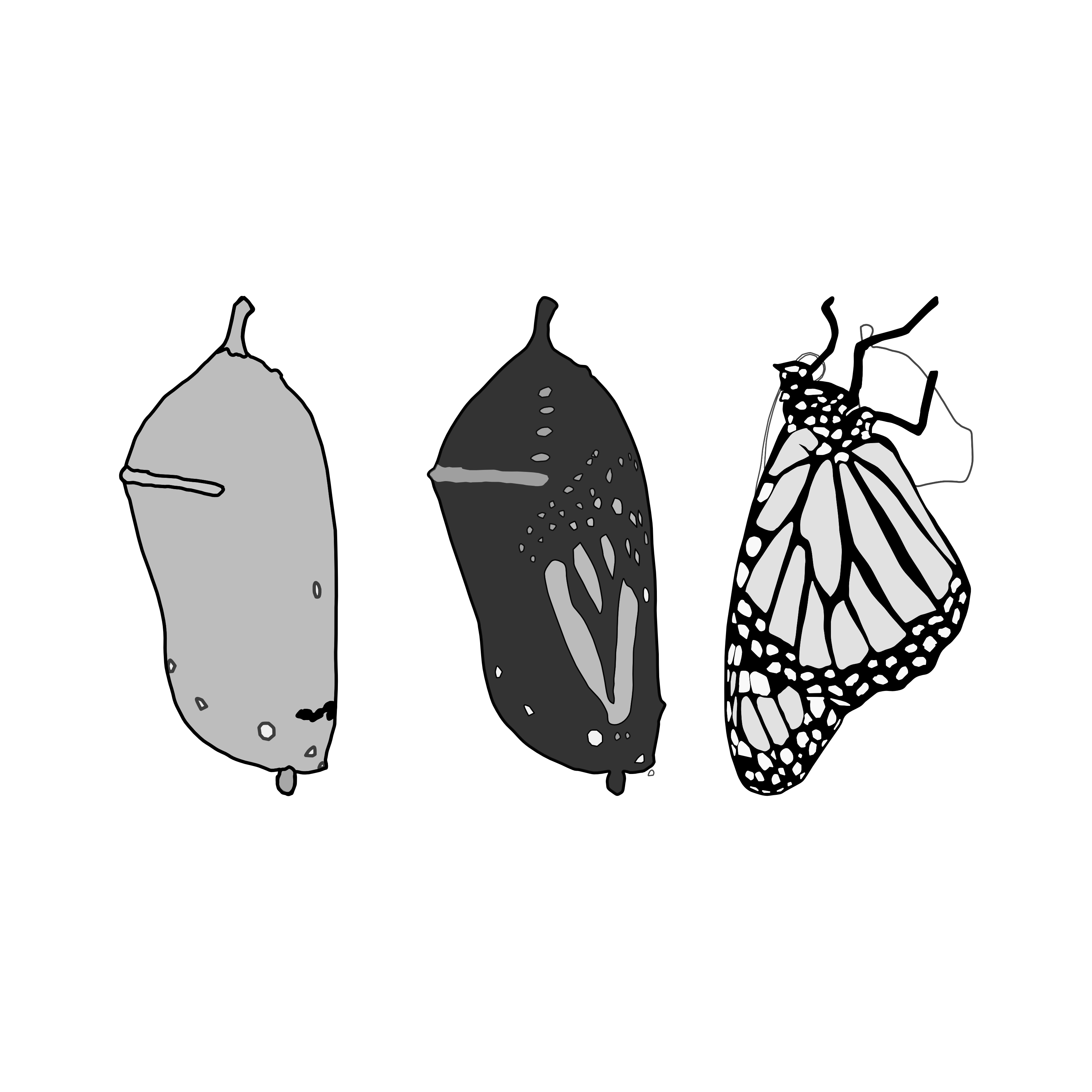“I want to come off my meds and find a natural alternative instead” is a sentiment that I hear quite often in my work. It is truly a beautiful goal to want to find more natural, holistic ways of managing and navigating the challenges and struggles of one’s human experience, and it’s absolutely possible. But it often doesn’t look like what we expect it to.

The Illusion of a “Natural” Quick-Fix
Most often when I hear this sentiment expressed, what someone is wanting is to find a supplement or an herb they can take in place of their drug(s), or even a special (often very rigid or dogmatic) diet they can follow in place of their drugs, without making many—or any—other changes to themself or to their life. They are still looking for a magic bullet, a way to bypass the real work. They are still wanting an “easy” external solution, and they’re still operating from the same “quick-fix,” externally-focused mentality that probably landed them on their meds in the first place.
I understand this because I have been there.
Even in situations where someone feels their life was saved by taking a drug—a really good thing—said drug still served as a quick-fix because it didn’t really address the underlying reason(s) why they ended up in such an extreme state of distress. And yes, I believe there are always underlying reasons and they seldom have anything to do with imbalanced brain chemistry that a drug is supposedly correcting.
Does this apply to every single person looking for more natural support? Of course not, I am speaking in general terms here. But I find that until a person has really shifted their frame of reference, more often than not, the quick-fix solution is what they’re after.
Why Real Change Feels So Hard
There are a few reasons we might default to looking for the quick-fix that I see over and over again.
One reason is that we are often unaware that what we are asking for is nothing but a quick-fix. Certainly, I spent most of my life with no real understanding that my mental health symptoms were actually my body’s way of intelligently communicating with me about what was out of balance in my life and in my spirit. I didn’t understand that my symptoms were really messengers, insisting that I see some hard truths and make some hard changes in the service of creating a life that would actually allow me to be well and to feel whole. Looking back at myself before I had an awareness of this, it makes sense that I didn’t consider examining my circumstances more deeply, and that I simply opted to ameliorate any discomfort as best as I could. And if you look at our society at large you will see this everywhere, applying to almost everything in one way or another, so it really makes sense that this is the default framework for many of us to step into.
Another reason is that change is really hard and scary, and for many of us it can feel so overwhelming that we find ourselves frozen and feeling unable to take the first step.
And still another reason is that some of us simply don’t want to do the hard work: we’re not willing to risk what is comfortable—even if it’s also contributing to our suffering—for the unknown. Please know that I don’t say this with any judgment whatsoever, I simply speak from what I see in my life and my work.
I view the true natural alternatives to psych drugs as: deep personal exploration, and a willingness to change anything that needs to shift. The alternatives to psych drugs often look like creating brand new ways of living, and conceptualizing our own experiences. This is the deeper work, and it takes time, dedication, grit, determination, patience, perseverance, courage, and flexibility. (The larger systemic alternative to psych drugs is the same thing, but on a collective, societal scale. That is a huge and very complex topic worthy of its own articles).
The bottom line is that if we want things to change, we have to change. That’s what it comes down to. If we’re really honest, so often what we seem to want is to change just enough, to feel just better enough, to go back to living in the same ways that made us unwell to begin with. We want to be the same version of ourselves somehow living in a different reality, which is just not possible. And I get it. As I said, this was me for most of my life before I knew any differently, or had the capacity to do things differently. But it’s not the way to lasting wellbeing. We have to change, if we want anything to change.
What True Change Can Look Like
What has change looked like for me? I’ll share a few examples. It’s looked like setting new boundaries in all of my relationships and shifting how I interact with others. I’ve learned to say “no” more often, and I’ve stopped bending over backwards for the sake of other people’s comfort. Change has meant doing completely different work than I was doing before, and moving to a much quieter place, closer to nature. I spend far more time outside now. I go to bed earlier, wake up with the sun, read more books, and watch far less television. I no longer rely on the takeout and processed meals of my younger adult years, and I have also largely let go of the dogmatic and limiting dietary practices I’ve followed more recently. These days I eat mostly real food—as wide a variety as I can manage, sourced locally when possible, and cooked from scratch as often as I can. I’ve started paying close attention to my thoughts—the stories I tell myself, and what I choose to believe—recognizing that where I place my attention is where I place my energy, and where I place my energy is what will grow. Change has also meant cultivating enough stillness to get honest about what in my life—and in me—still breaks my heart. It’s meant being willing to sit fully in that pain and finding the courage to decide what, if anything, I want to do about it. Change has taken many shapes, and continues to unfold.
What will change look like for you? It might look completely different. Ultimately, only you can know the answer, and that’s beautiful. When I work with clients, this is one of the questions we often explore together.
Can herbs, supplements, specialized diets, and other tools like this be a supportive part of the process for some people? Certainly. They have been for me at various points in time. But not on their own in a vacuum. And not for the long haul. They’ve been supportive as a small part of the deeper, bigger picture of hard work and massive personal paradigm shifts that are ultimately responsible for the life I live today.
The natural alternative to psych meds is change, and change is possible.
Reminder: Nothing written here is medical or personal advice. Take what you like and leave the rest.
